Words of Relief: The Innovation of a Sustainable Funding Model
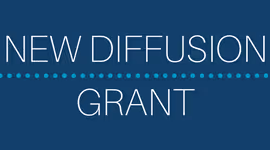
While institutional funding will continue to be important for organizations like ours, sustainable long-term funding modeled after tech start-ups (and encouraged by such innovative funders as the Humanitarian Innovation Fund), will increase innovations designed specifically to meet humanitarian needs, encourage competition to sort out the best ideas, and allow professionalization of small enterprises and non-profit organizations on the local, national and international level.
In 2014 and 2015, using seed funding from the Humanitarian Innovation Fund (HIF), Translators without Borders piloted Words of Relief, the world’s first-ever global translation network designed to provide real-time linguistic support for crises. With additional support from Microsoft, TWB also developed the Words of Relief Digital Exchange (WoRDE), which includes an api to connect translators directly to aid workers or data aggregators and a repository for maintaining open local language crisis content to be shared throughout the humanitarian response community.
During the pilot, Translators without Borders tested the crisis network in a number of settings:
- West Africa Ebola crisis, using additional funding from HIF and the Indigo Trust
- Nepal earthquake, working closely with UNOCHA
- Burundi for the displacement of affected persons, working closely with UNOCHA based in Nairobi.
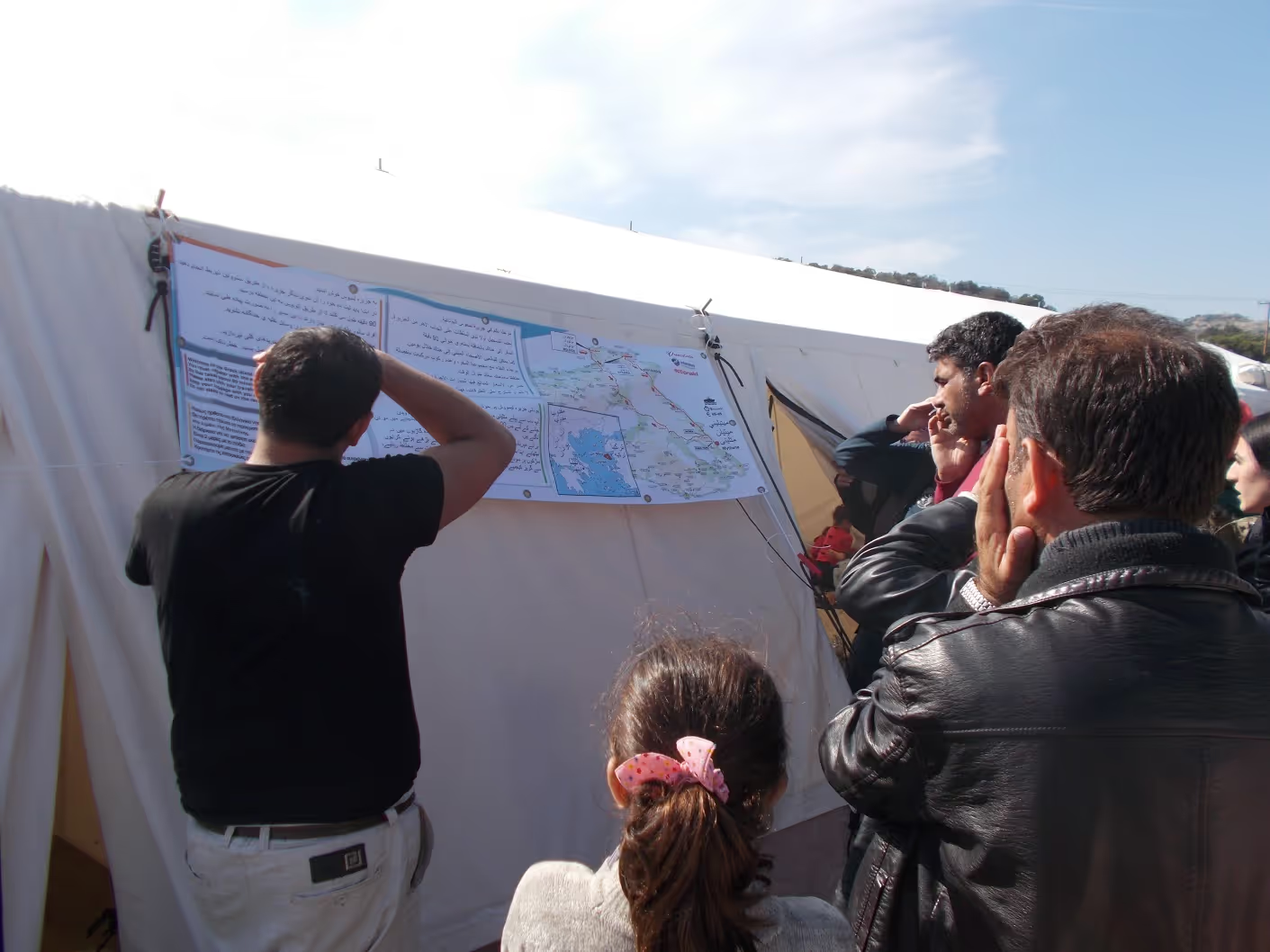
Importantly, throughout the pilot and the supplemental activations, we learned that the services we offered were needed on the ground for aid responders, and they were beginning to recognize that need. We heard that responders were pleased with the overall service, the speed of response, and the innovations.
As Peter Manfield, Regional Representative of UNOCHA (East and Southern Africa) wrote about our Burundi assistance, in a letter of support to UNHCR:
“We were impressed with the quick turnaround of the translations of a number of materials and the organization’s flexibility and innovations. We are looking forward to working with TWB in the future and hope to expand our partnership within the current response and in future responses.”
Sustainable Funding
While the programmatic pieces of the innovation were taking form, we also recognized the need to build a sustainable funding model for the innovation. In the initial activations, the first (Ebola crisis) was funded by grants, but the projects in Nepal and Burundi were funded partially by the initial pilot funds and partially by the aid organizations who were in need of our services. We realized that we could build this funding model, fully acknowledging that it is critical to look beyond grant cycles to fund important initiatives and innovations that improve overall humanitarian response.
Our analysis led us to a three-pronged path to financial sustainability:
- Words of Relief packages designed specifically for responding agencies and priced by monthly subscriptions
- Words of Relief global grant funding from institutional or private foundations that allows us to maintain, strengthen and universally offer the current services to anyone, anywhere in the world
- In-kind donations from major technology companies to build and improve specific offerings that feed into the packages for each activation.
This new HIF Diffusion grant allows us to explore these financing paths further, especially the development of packages for interested agencies. The goals of the Diffusion grant include:
- highlighting our impact
- outlining our innovations and flexible approaches
- packaging these services to support our fundraising and partnerships, and
- marketing these services broadly
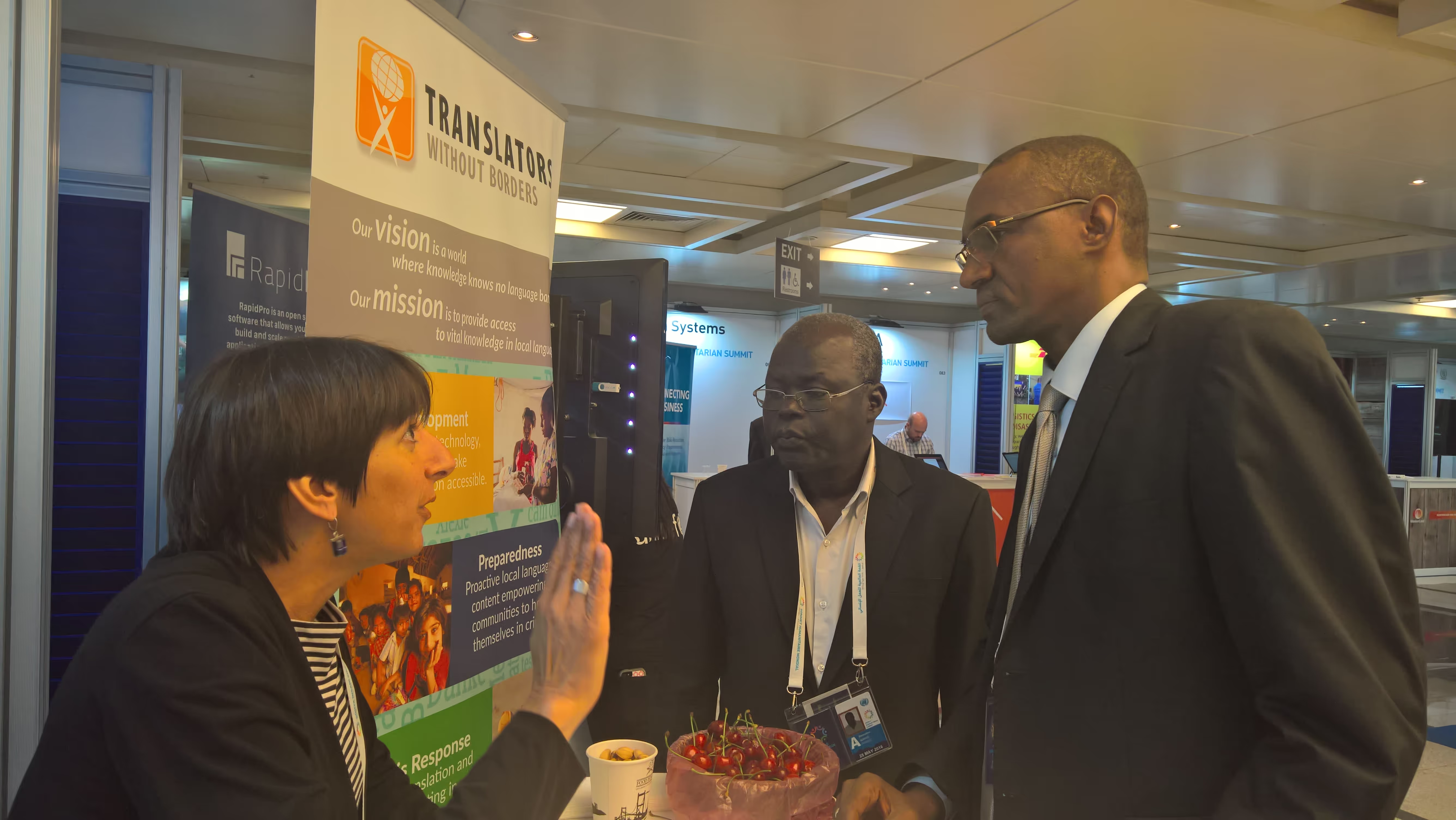
Our first step was to hire a development specialist with strong marketing skills to build and market the packages, working directly with TWB’s deputy director. Then very quickly we prepared for the World Humanitarian Summit. HIF funding supported the creation of booth and marketing materials for the Summit, as well as a poignant film that received much acclaim at the conference. Attendance at the Summit was a flashpoint for awareness.
Networking at the booth and beyond was very positive, with more than 60 leads coming out of the interactions. It also was very encouraging to see other small organizations at the Summit’s Innovation Marketplace, supported by HIF. The most exciting conversations were with like-minded organizations focused on non-traditional funding models. Many members of the humanitarian-to-humanitarian (H2H) initiative launched by ACAPS, of which we are a member, were in attendance – many of those organizations are considering service funding models as a way to build infrastructure and hire staff that fit the needs of the organization, not just the latest grant proposal. It was encouraging to get many nods of support for our new service funding approach from a wide range of large non-profits and agencies.
Next stop was Localization World in Dublin in mid-June, where the developed materials and video were again received well. Translators without Borders Executive Director Aimee Ansari shared that “Our biggest sponsor told an entire audience tonight that part of what motivated him to continue his support was the amazing film. So, while we may do good work, no one would know about it or be as impressed by it without the support given to us by the Humanitarian Innovation Fund.” Our goal with the conference was to work on the third prong of the funding strategy: in-kind donations from technology providers. Conversations with Microsoft (to build the community/spider training component more), and with Facebook (to improve dissemination in a crisis) are continuing in July.
Other major developments will include an online needs assessment that we are creating to determine which packages are best suited for our partners, pricing models for the packages, and full definitions of the packages to be developed and designed.
Stay updated
Sign up for our newsletter to receive regular updates on resources, news, and insights like this. Don’t miss out on important information that can help you stay informed and engaged.
Related articles
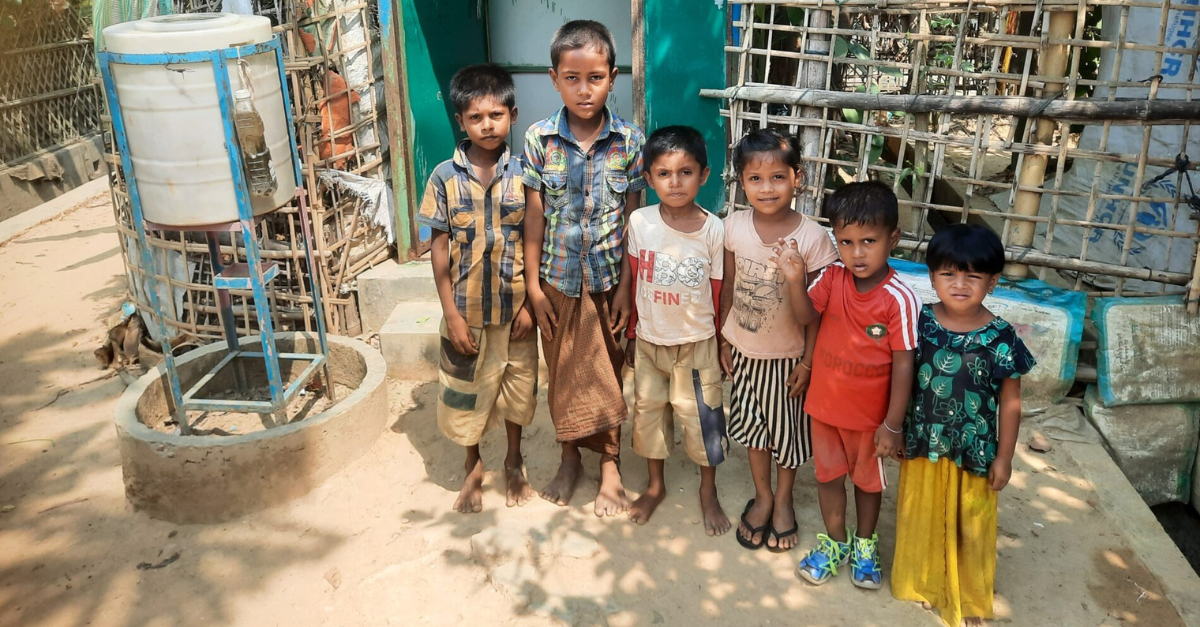
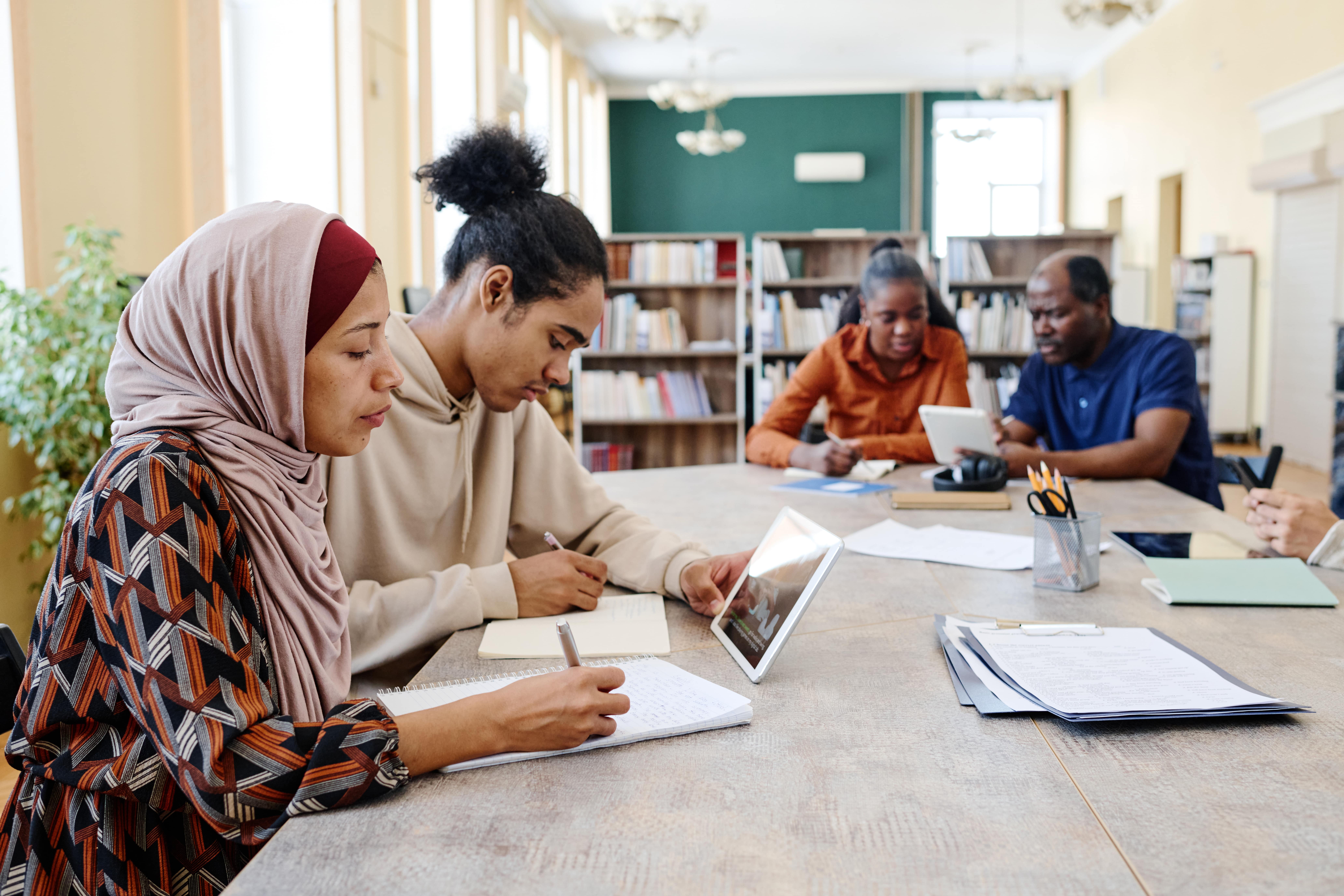
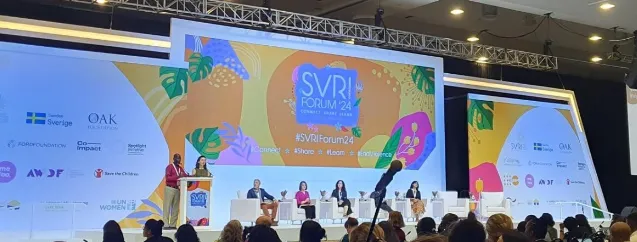
Explore Elrha
Learn more about our mission, the organisations we support, and the resources we provide to drive research and innovation in humanitarian response.